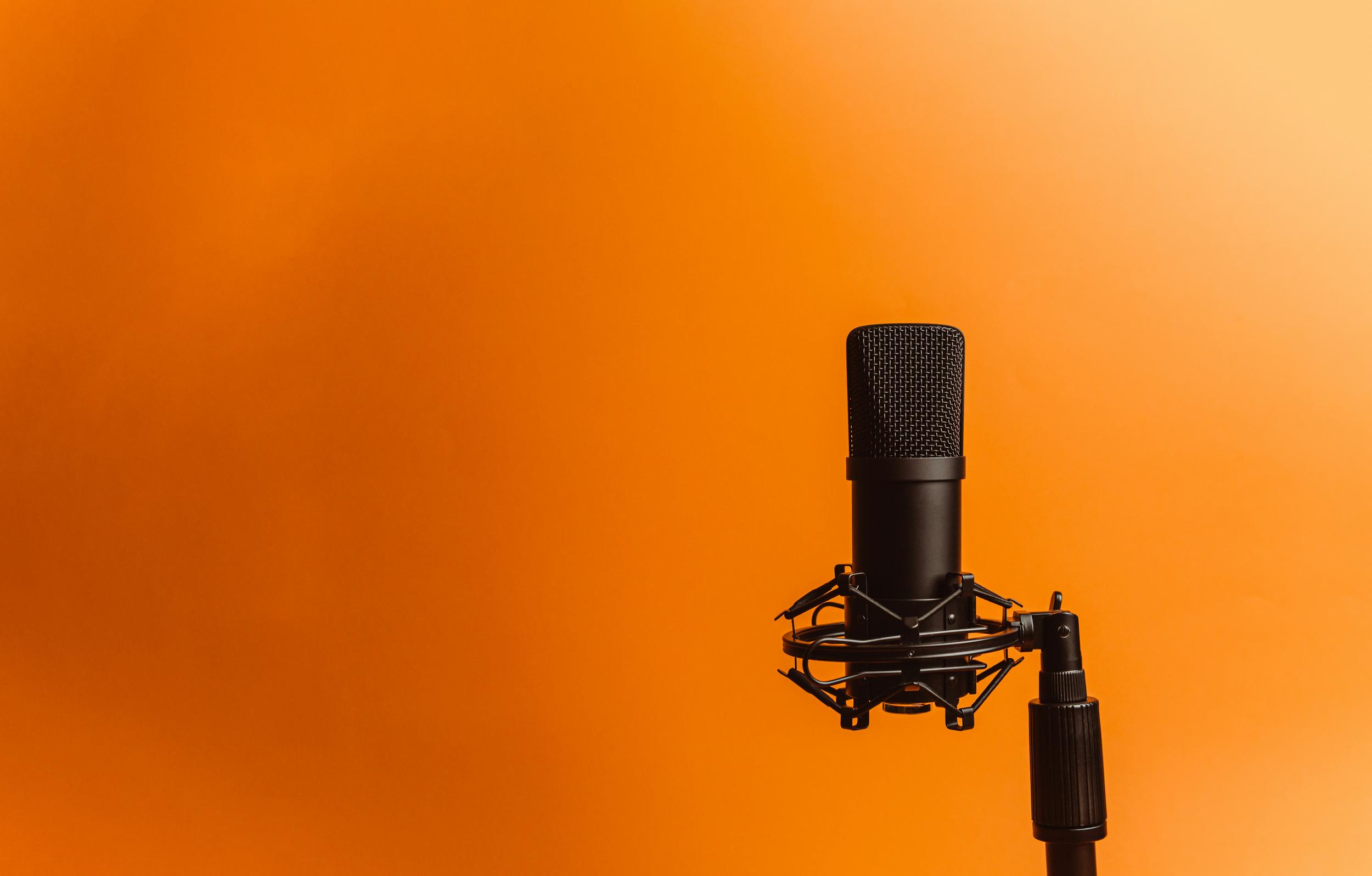
The morning media round is the political equivalent of the Olympic 100m hurdles.
Stretched out in your path is a series of obstacles designed to knock you off your stride. The trick is to get to the finish line without falling. Sail through the first few hurdles, you build momentum and confidence. But one slip and you can end up way off track.
Some politicians have proven themselves champions of the morning run through the broadcast studios. Grant Shapps has been the face of the government on tricky mornings for many years. Mel Stride provided this function through the recent election while Pat McFadden and Wes Streeting were Labour’s go-to guys.
At the starting mark this week was the new Chancellor of the Exchequer Rachel Reeves. In the House of Commons on Monday, she set out some difficult spending decisions, doing so with a forcefulness and authority we haven’t seen before. She held a press conference soon after, imperiously swatting aside difficult questions from the UK lobby.
On to Tuesday morning, and instead of delegating the morning broadcast interviews to one of her Treasury aides, she faced the music herself. Lined up in front of her were Times Radio, Sky News, BBC Breakfast, GMB, LBC and Today.
As ever, her interviewers were well-prepared. Pre-election comments which contradicted her decisions had been excavated. Criticisms from Age UK and care expert Dilnot were ready to be put to her. Opposition MPs had briefed them with their own research.
Yet most fair observers would agree she sailed through, batting off all questions with a rational, well-pitched argument. Reeves stuck to her lines and gave nothing away. She had made it to the finishing line without any slips. Or had she?
The Chancellor had also agreed to an interview with a relative newcomer, The News Agents, one of the UK’s most popular current affairs podcasts.
It was another tough interview. Host Emily Maitlis famously embarrassed Prince Andrew and is experienced in tackling senior politicians from her time at Newsnight. Her colleague Jon Sopel has an equally fearsome reputation.
But interviews on podcasts are different. They are pre-recorded so there are no time limits. The formats are more flexible so there is less set shape to the interview.
Importantly, the tone is different. They tend to be more personal and allow more expansive answers. They can be irreverent in a way news programmes can’t. For instance, Emily Maitlis enquired about Rachel Reeves’s private loo in the Treasury during the interview.
The different format is an opportunity for politicians to broaden their appeal and explain themselves more clearly. But it also presents more pitfalls, more opportunities to say the wrong thing.
And sure enough, the words she had tried to avoid saying all morning slipped out: “I think that we will have to increase taxes in the budget.” It was the admission the TV and radio broadcasters had tried to get out of her all morning and, with the finishing line in sight, Reeves had tripped. The tax line led much of the political coverage the next day.
It's often the soft questions which reveal the most about politicians. And after letting their guard down, they are more vulnerable to a mistake.
Podcasts are now a firm fixture of the UK media landscape. Their popularity has exploded in recent years and represent an opportunity to reach younger, more diverse audiences.
For PR professionals and media handlers, they should be high on the target list for engagement, a safe place to engage with expert interviewers who allow for expansive, measured answers to complex questions rather than the traditional adversarial TV shouting match or 30-second news clip of a pre-prepared soundbite. They also allow spokespeople to be more human and relatable and create a connection with audiences.
But in preparing for a podcast interview, you need to understand the differences in the format. Holding answers won’t hold when the interviewer has a longer time span to press. Business leaders will come across as stilted and aloof unless they relax into the different atmosphere of the podcast.
A good podcast hit can be as good as gold for your PR campaign. But with the wrong preparation, you and your spokesperson will be left trailing behind.
If you need executive media training or preparation support for forthcoming interviews, please contact our experienced team of senior advisers to discuss at jstewart@atticuscomms.com.
